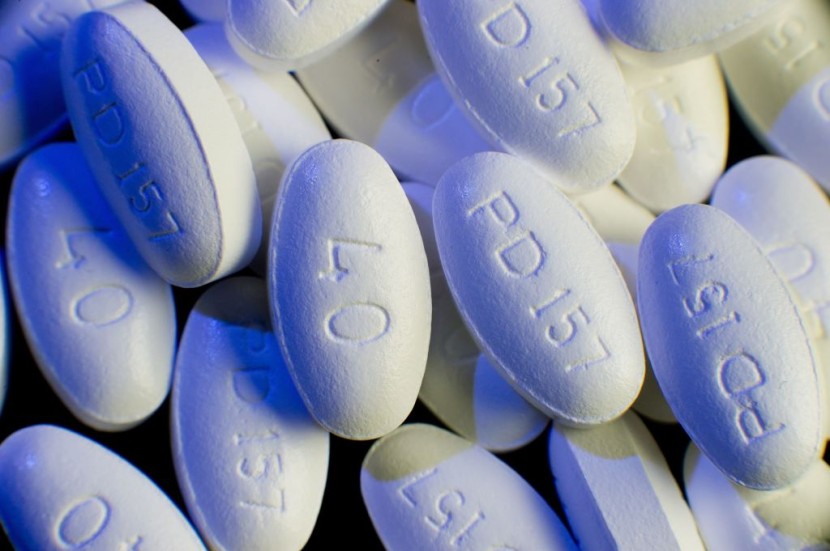
A recent US study found that six supplements typically taken for heart health have no effects on lowering "bad" cholesterol, but statins do.
Dietary supplements like fish oil, garlic, cinnamon, turmeric, plant sterols, and red yeast rice are popularly believed to reduce LDL ("bad") cholesterol levels. Plaque formation in the arteries is linked to "bad" cholesterol, also called low-density lipoproteins (LDL). Fatty deposits can obstruct circulation and oxygen to the heart, leading to cardiac arrest or stroke.
Statin is Most Effective on Lowering Bad Cholesterol
This research was presented at the American Heart Association's Scientific Sessions 2022 and released in the Journal of the American College of Cardiology. Researchers compared the effects of these supplements to a low dose of a cholesterol-lowering statin or a placebo, which has no effect, according to a CNN report.
The study compared the two groups using a randomized, single-blind clinical trial with 190 healthy people. Participants ranged in age from 40 to 75, and they were randomly assigned to receive either a low dose of the statin rosuvastatin, a placebo, fish oil, cinnamon, garlic, turmeric, plant sterols, or red yeast rice for 28 days.
Comparing the statin to the supplements and placebo, the statin substantially reduced LDL. After 28 days on a statin, the typical patient saw a drop in LDL of about 40%. Blood triglycerides also decreased by an average of 19% thanks to the statin's effects on cholesterol levels.
Results for individuals who took the supplements were comparable to those of those who took a placebo, with no discernible improvement in LDL cholesterol, total cholesterol, or blood triglycerides. While all groups had similar adverse effects, those taking plant sterols or red yeast rice had more.
According to study co-author Dr. Karol Watson, professor of medicine/cardiology and co-director, of UCLA Program in Preventive Cardiology, the goal of the well-planned randomized controlled trial study was to provide hard evidence. He noted that many of the experts had the experience of attempting to propose evidence-based therapy that lowers cardiovascular risks, but patients declined and chose to try supplements for heart health.
Experts Recommend Active Lifestyle
Cardiologist and researcher at Massachusetts General Hospital Michael Honigberg, who was not involved in the new study, noted that statins are the most effective medications for preventing heart attacks and strokes. As per an NPR report, it comes as no surprise to him that dietary supplements were not as helpful, and he notes that the recent results add to the existing body of evidence demonstrating statins cut LDL cholesterol.
But he cautions that taking a statin isn't necessary for everyone with a history of heart disease in the family or mildly high cholesterol. To standardize prescriptions, the American Heart Association and American College of Cardiology came up with certain recommendations. LDL cholesterol (bad cholesterol) levels of 190 or higher are considered clinically significant and warrant treatment with a statin.
Health professionals utilize a risk calculator to assess a person's 10-year risk of a heart attack or stroke. Some people may be prescribed a statin if their risk is significant enough due to aspects such as age, blood pressure, and smoking habits.
In its 2018 Cholesterol Guidelines, the American Heart Association stresses the need of maintaining a heart-healthy lifestyle throughout one's lifetime.
The group also advises healthy individuals to avoid taking extra vitamins and minerals, instead relying on a varied, moderate diet. Experts also recommend physical activity as the primary treatment for persons with mild to moderately increased blood pressure and cholesterol but minimal heart disease risk.
© 2025 HNGN, All rights reserved. Do not reproduce without permission.








